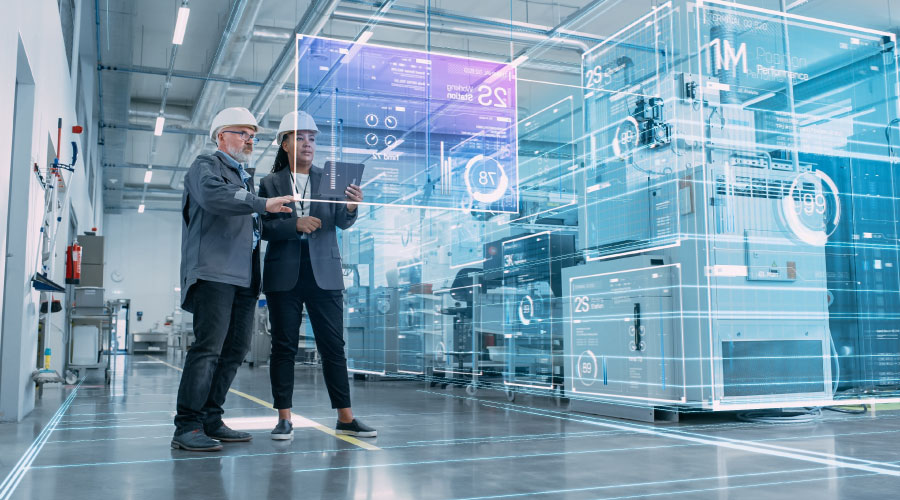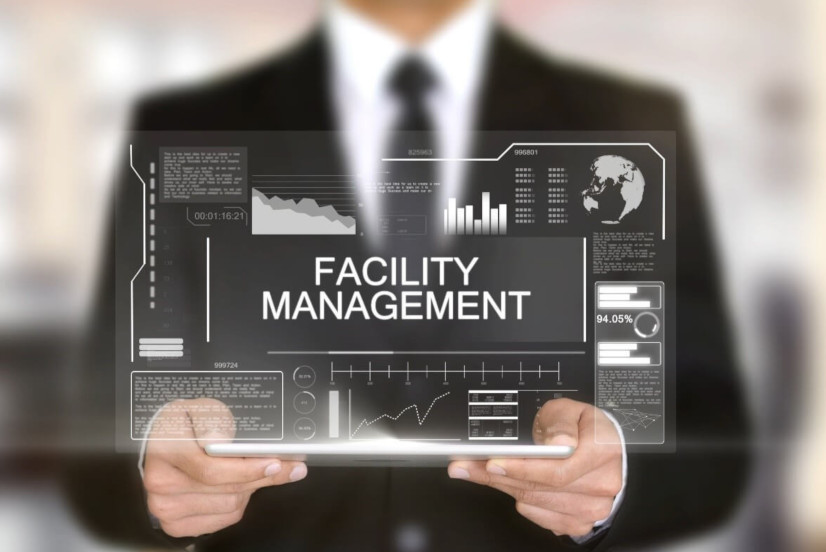Make The Most Of Performance and Security: Ideal Practices in Center Monitoring
In today's swiftly evolving landscape, taking full advantage of effectiveness and security in center management has actually come to be a critical focus for companies making every effort to boost functional efficiency. By integrating smart technology, focusing on upkeep methods, and promoting a society of security, facility supervisors can substantially enhance both efficiency and compliance. The obstacle lies in effectively carrying out these methods while navigating the intricacies of modern-day work environments. What specific approaches can be employed to guarantee that these initiatives not only exist side-by-side however also enhance each other in a sustainable fashion?
Embrace Smart Innovation
In today's rapidly progressing landscape of facility administration, the assimilation of wise technology has actually become an essential aspect of operational performance and sustainability. Adopting sophisticated technologies such as the Net of Points (IoT), expert system (AI), and information analytics can considerably boost facility monitoring methods. These technologies assist in real-time surveillance and control of building systems, allowing supervisors to optimize power usage, decrease functional costs, and enhance total safety and security.
Executing wise sensors and automation systems enables exact monitoring of environmental conditions, occupancy levels, and devices efficiency. This data-driven approach not only notifies decision-making yet additionally supports predictive maintenance, reducing downtime and prolonging possession life. Clever modern technology boosts customer experience by developing flexible settings that react to the demands of occupants.
Integrating smart platforms likewise advertises sustainability campaigns, such as energy-efficient lights and HVAC systems, adding to minimized carbon impacts. By accepting these advancements, facility supervisors can ensure that their procedures stay affordable, durable, and lined up with contemporary sustainability goals. Ultimately, the change in the direction of wise innovation represents a transformative step in redefining facility monitoring for an extra lasting and effective future.
Prioritize Routine Maintenance

Developing a routine upkeep schedule is necessary. This must include regular evaluations, servicing, and needed repair work for all devices, a/c systems, plumbing, and electric systems. Using a computerized maintenance management system (CMMS) can improve this process, offering monitoring and notifies for upcoming upkeep jobs.
In addition, cultivating a culture of liability among team improves the effectiveness of maintenance initiatives. Educating personnel to report and acknowledge upkeep issues can cause positive management rather than responsive responses. In addition, recording maintenance tasks makes sure compliance with safety and security regulations and provides valuable insights for future planning.
Implement Security Training Programs
An extensive safety and security training program is vital for cultivating a safe and secure workplace in any center - Facility Management. Such programs gear up staff members with the expertise and abilities needed to determine dangers, execute safety methods, and respond successfully in emergency situations. By focusing on security training, organizations can dramatically lower the threat of injuries and mishaps, consequently improving total efficiency
To execute an effective security training program, it is vital to tailor the content to the particular demands of the center and its operations. This consists of conducting a comprehensive risk assessment to determine prospective threats special to the work environment. Training needs to incorporate a range of topics such as proper equipment use, emergency evacuation treatments, and emergency treatment methods.
Additionally, it is vital to involve staff members proactively during training sessions. Utilizing hands-on presentations and real-life circumstances can boost understanding and retention of security methods. Routine correspondence course should additionally be scheduled to keep safety and security awareness at the leading edge.
Optimize Room Use
Reliable space utilization is a crucial component of center management that straight influences operational effectiveness and cost-effectiveness. Organizations frequently deal with underutilized or jammed areas, resulting in inadequacies and boosted expenditures. To optimize room use, facility supervisors must conduct regular assessments to recognize exactly how spaces are presently being utilized and where enhancements can be made.
Executing versatile workspace styles, such as open office designs or modular furnishings, can significantly improve flexibility to changing requirements. Furthermore, leveraging technology, such as area administration software program, can supply valuable insights into tenancy patterns and help determine underused locations.
Another best practice is to establish clear my response zoning within the facility, guaranteeing that different functions are rationally set up to minimize disruption and take full advantage of productivity. Encouraging a society of cooperation can lead to much better space-sharing techniques among groups, thus boosting general efficiency.
Establish Clear Interaction Channels
Optimizing area utilization typically discloses the demand for robust interaction techniques within a center. Clear communication networks are essential for promoting effective cooperation among staff, maintenance groups, and management. By establishing these networks, facility managers can make certain that information streams seamlessly relating to space use, functional changes, and safety protocols.
Carrying out a multi-faceted interaction strategy-- integrating electronic systems, such as e-mails and team look at this site collaboration devices, with in person communications-- can considerably improve involvement and info circulation. Normal conferences should be scheduled to go over recurring tasks, address concerns, and share updates. In addition, developing a central information hub, such as an intranet, allows workers to gain access to crucial records and news quickly.
Furthermore, feedback devices are necessary to gauge the effectiveness of communication techniques. Motivating team to share their insights can lead to enhancements and promote a culture of openness. Training programs concentrated on communication skills can further empower employees to communicate info clearly and efficiently.
Ultimately, establishing clear communication networks not just takes full advantage of efficiency however likewise improves safety by ensuring that every person is educated and straightened with the center's operational objectives. (Facility Management)

Verdict
In final thought, the assimilation of smart innovation, normal maintenance, comprehensive security training, maximized space usage, and reliable interaction channels collectively boosts efficiency and safety in facility administration. These finest techniques serve as vital parts for reliable facility monitoring.
In today's rapidly developing landscape, optimizing effectiveness and safety in facility administration has actually come to be a critical focus click here to read for organizations aiming to boost operational performance. By integrating smart technology, prioritizing maintenance procedures, and promoting a society of security, facility managers can significantly improve both productivity and compliance.To execute an efficient security training program, it is important to customize the material to the details demands of the center and its procedures. By developing these networks, facility managers can guarantee that information flows seamlessly pertaining to area use, functional modifications, and security procedures.
